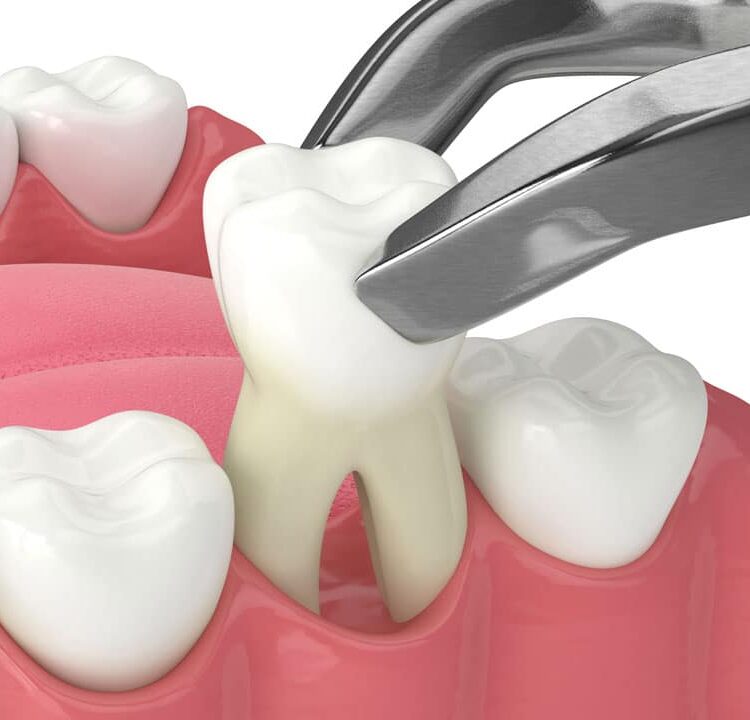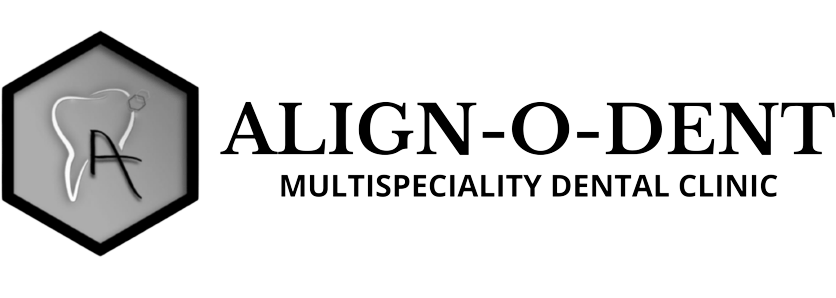What is a tooth extraction?
A tooth extraction is a dental procedure during which your tooth is completely removed from its socket. Sometimes, people refer to this as “pulling" a tooth.
When is tooth extraction recommended?
Healthcare providers prefer to save natural teeth whenever possible. But sometimes, other restorative methods — such as dental fillings or dental crowns — aren’t enough. If your tooth has been badly damaged past the point of repair, then removal may be necessary. Your dentist may recommend tooth extraction if you have:
Severe tooth decay (cavities).
A fractured tooth.
An impacted tooth.
Crowded teeth.
Severe gum disease.
Tooth luxation or other dental injuries.
What are the advantages of pulling a tooth?
Tooth extraction offers a number of benefits. Most importantly, it reduces harmful bacteria that can damage your teeth and gums. Left untreated, a decayed or damaged tooth can wreak havoc on your smile, causing a domino effect of problems. Removing your affected tooth gives you the best chance for optimal oral health. Additionally, a tooth extraction can help ease dental pain almost immediately — especially if your tooth was severely broken or infected.
Tooth extraction aftercare
After your extraction, your dentist will give you a detailed list of post-surgical instructions. Here are some general guidelines for a speedy recovery:
Keep the extraction site clean. Gently rinse the area with an antimicrobial mouthwash two to three times a day. Avoid brushing directly over your extraction site until your dentist tells you it’s safe to do so. Brush and floss all other areas normally.
Take all medications as directed. Your dentist may prescribe antibiotics and pain relievers. It’s important to take all of these medications exactly as directed. You can also take over-the-counter pain relievers, such as acetaminophen and ibuprofen.
Avoid strenuous activity for at least two days. An elevated heart rate can cause increased post-operative bleeding and discomfort. Skip the gym for the first 48 to 72 hours. Ask your dentist when it’s safe to resume normal routines.

-
Permanent solution
-
Improved chewing and speaking
-
Natural function and look
-
Improved facial appearance
-
Prevention of bone loss
-
No special care required
-
Very sturdy and secure
-
No diet restrictions
-
Can be changed or updated


PAYMENT OPTIONS
Lorem ipsum dolor sit amet, consectetur adipiscing elit. Etiam massa ligula, aliquet euismod eleifend vitae, interdum ut mi. Praesent fringilla pharetra sapien sit amet semper. Nunc id massa ut mi tempus mattis ac eu lectus. Praesent egestas eleifend porta. Sed posuere venenatis libero quis tempor. Nulla metus mi, malesuada eu risus nec, placerat imperdiet ex.
INSURANCE
Lorem ipsum dolor sit amet, consectetur adipiscing elit. Etiam massa ligula, aliquet euismod eleifend vitae, interdum ut mi. Praesent fringilla pharetra sapien sit amet semper. Nunc id massa ut mi tempus mattis ac eu lectus. Praesent egestas eleifend porta. Sed posuere venenatis libero quis tempor. Nulla metus mi, malesuada eu risus nec, placerat imperdiet ex.
